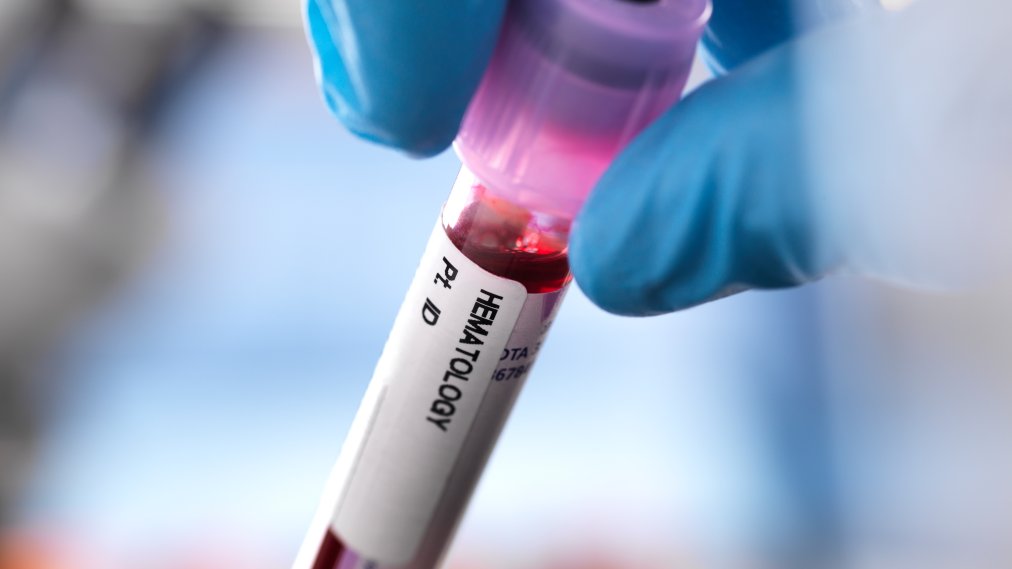You might have heard about different types of blood tests for people with diabetes.
But if you are having a problem with deciding what test is most suitable for you and, what these tests tell about your health, this post will answer all these questions.
Fasting Blood Sugar Test
The fasting blood sugar test is a diagnostic test for diagnosing diabetes mellitus.
You will have to avoid food and drinks for 8 hours before undergoing this test. However, you are allowed to drink water.
The lab will collect a blood sample around 3 ml, and they will send it for testing.
A fasting blood sugar value of more than 120mg/dl, or more than 7mmol/L on two separate occasions, is diagnostic of diabetes.
Your fasting blood sugar value may be high depending on your health condition, for example, if you recently underwent surgery, or having a simple fever, your fasting blood sugar levels can get higher than normal. For this reason, doctors advise doing a fasting blood sugar test when you are not having an acute illness.
If you have diabetes should undergo a fasting blood sugar test once a month. It will help your doctor to find out if your medications are helping to control your diabetes.
The HBA1C Test
The HBA1C test will help to find out the long term control of your diabetes. It gives an idea of your glycemic control for the past three months.
An HBA1C value of less than 6.5% is ideal and above that may be a sign of poor glycemic control. And if you get an HBA1C value of more than 6.5% for the first time, then it is diagnostic of diabetes mellitus.
If you have diabetes, then you should carry out an HBA1C test once every three months.
Random Blood Sugar Test
A random blood sugar test gives an idea about the blood sugar level when a person is not fasting. In a healthy person, the random blood sugar level is usually less than 200mg/dl.
If a random blood sugar value of more than 200mg/dl can be due to diabetes. However, a single random blood sugar value of more than 200mg/dl isn’t diagnostic of diabetes, and your physician might order a fasting blood sugar test to confirm the diagnosis.
You can also do a random blood glucose test at home on yourself if you have a simple glucometer with you.
Postprandial Blood Sugar Level (PPBS)
A postprandial blood sugar test is usually carried out two hours after taking a meal.
Everyone gets a sugar spike after a meal, but within 2 to 3 hours with the effect of insulin, the values come down to normal levels.
However, in people with diabetes, due to the lack of insulin or the lack of response to insulin, the blood sugar levels usually takes a long time to come back to their normal levels.
Usually, two hours after a meal, the blood sugar value should be less than 140mg/dl or 8mmol/L.
However, the postprandial blood sugar test has little clinical significance, and it is not a test to diagnose diabetes. It is usually done on pregnant women, to determine gestational diabetes.
Meet your doctor and discuss what test you should undergo, and make sure to stay healthy by regular exercising and good dietary habits.

1 Comment
Pingback: How Long Should You Sleep For A Healthier Life? - Go Grub It